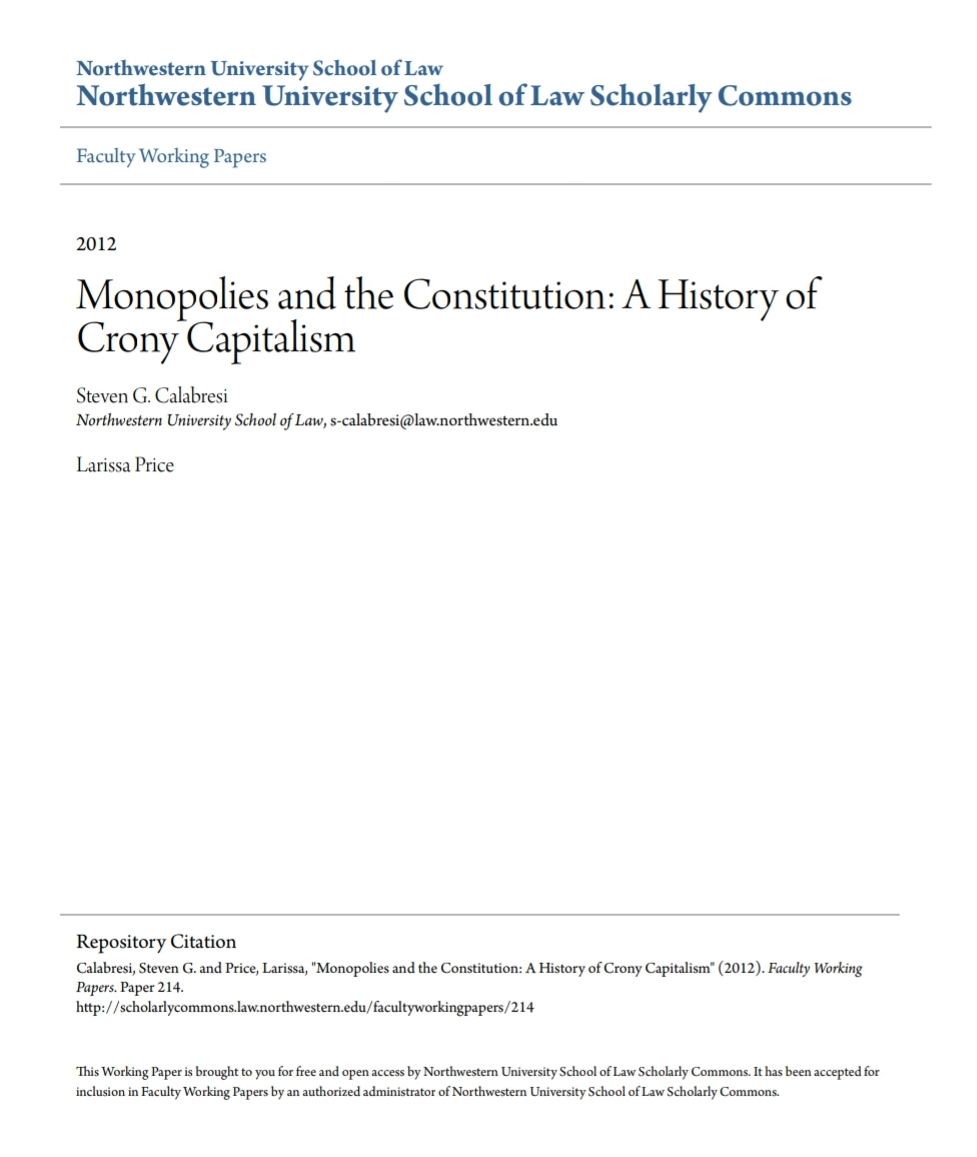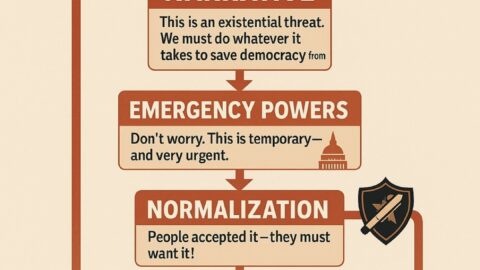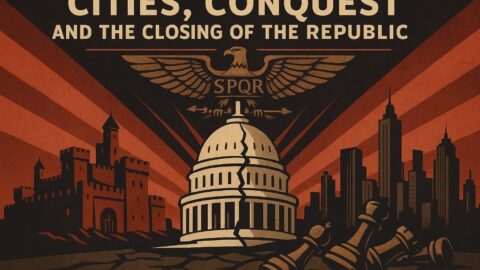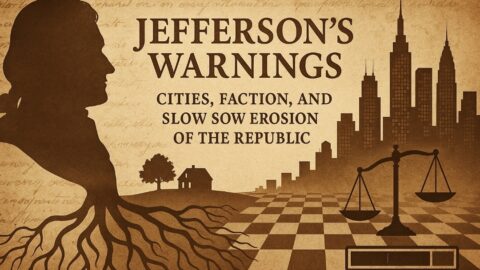Steven G. Calabresi’s Monopolies and the Constitution: A History of Crony Capitalism a comprehensive view of the history of monopolies and their relationship with the U.S. Constitution and state constitutions offers a fascinating lens through which to understand the nation’s early economic and political values. The founding generation recognized the dangers of monopolies—both in terms of economic power and political corruption—and sought to limit them through constitutional provisions, both federal and state.
Monopolies in Early America
- Definition of Monopoly: Monopolies in early America referred to the exclusive privilege granted by the government to a single entity, often in the form of a corporation, to control a particular trade, industry, or resource.
- Colonial Experience with Monopolies: Colonists resented monopolies, especially those imposed by the British Crown, such as the East India Company, which had monopolistic control over the tea trade, leading to events like the Boston Tea Party. This resentment shaped early American attitudes.
Federal Constitution and Monopolies
Absence of Specific Language on Monopolies
- The U.S. Constitution does not explicitly mention monopolies, but its structure and provisions reflect a desire to prevent concentrated power:
- The Commerce Clause (Article I, Section 8) gives Congress the power to regulate interstate commerce, implicitly limiting monopolistic practices that might impede free trade.
- The Contract Clause (Article I, Section 10) prevents states from passing laws that interfere with contracts, indirectly limiting monopolistic privileges granted by state legislatures.
- The Patent and Copyright Clause (Article I, Section 8, Clause 8) allows Congress to grant exclusive rights to inventors and authors, but only for limited periods, balancing innovation incentives with preventing monopolistic control.
Judicial Interpretation
- Early Supreme Court cases, like Gibbons v. Ogden (1824), struck down state-granted monopolies that conflicted with federal commerce power, reinforcing the Constitution’s role in limiting monopolistic privileges.
State Constitutions and Anti-Monopoly Provisions
Explicit Restrictions on Monopolies
- Many state constitutions from the founding era explicitly prohibited monopolies, reflecting the widespread belief that they were antithetical to republican principles:
- North Carolina Constitution of 1776: Declares that “monopolies are contrary to the genius of a free state and ought not to be allowed.”
- Virginia Constitution of 1776: Contains similar language prohibiting monopolies as inconsistent with a free government.
- These provisions sought to protect citizens from the economic and political dangers of monopolistic practices.
Limitations on Corporations
- Early state constitutions imposed strict rules on corporations, which were seen as vehicles for monopolistic power:
- Corporations required specific legislative charters, limiting their proliferation.
- Restrictions often included provisions against perpetual charters and required periodic review or dissolution of corporations.
Populist and Progressive Era Reforms
- In the late 19th and early 20th centuries, state constitutions were amended to further limit monopolies in response to growing public outcry against industrial trusts and corporate power.
Crony Capitalism and the Rise of Corporate Monopolies
Despite these constitutional safeguards, monopolies and crony capitalism emerged in the 19th century due to:
Corporate Lobbying
- Wealthy industrialists influenced legislatures to grant favorable policies, including subsidies and protective tariffs, creating monopolistic advantages.
Judicial Activism
- Courts often interpreted constitutional provisions in ways that favored corporate interests, such as expanding the rights of corporations under the 14th Amendment.
Railroads and Industrial Trusts
- Industries like railroads, oil, and steel became monopolized, leading to public outcry and the eventual passage of federal antitrust laws like the Sherman Antitrust Act (1890).
Modern Implications
The early constitutional efforts to limit monopolies remind us that unchecked corporate power can undermine democracy and economic freedom. While federal and state governments continue to grapple with monopolistic practices, the spirit of anti-monopoly provisions in early constitutions remains relevant in debates over:
- Big Tech monopolies.
- Corporate lobbying and regulatory capture.
- Economic inequality and market fairness.
Conclusion
The founding generation viewed monopolies as a threat to freedom and republican governance. Through constitutional design and state-level provisions, they sought to limit monopolistic practices and preserve competitive markets. However, the evolution of corporate power and crony capitalism demonstrates the ongoing challenge of balancing economic innovation with the principles of democracy and fairness. Revisiting these early constitutional ideals can provide guidance in addressing modern monopolistic challenges.







